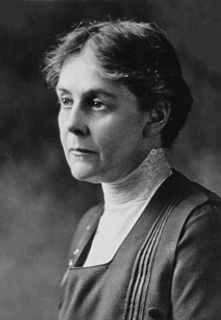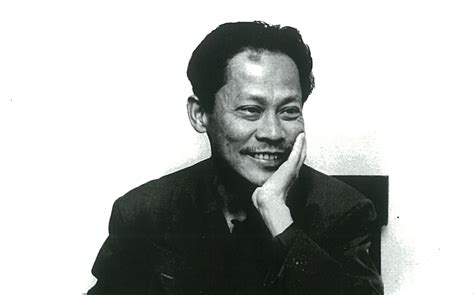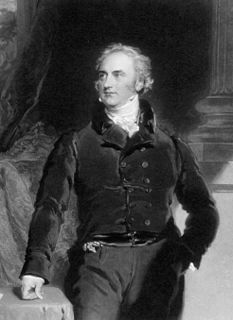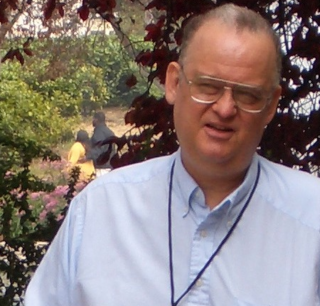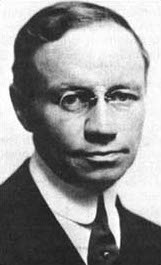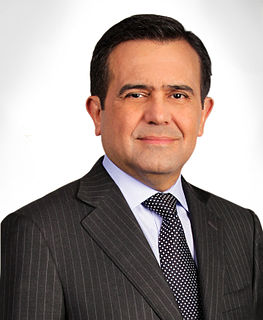A Quote by Siddhartha Mukherjee
This was yet another colonial fascination: to create the conditions of misery in a population, then subject it to social or medical experimentation.
Related Quotes
Harriet Washington, in 'Medical Apartheid: The Dark History of Medical Experimentation on Black Americans from Colonial Times to the Present,' documents the smallpox experiments Thomas Jefferson performed on his Monticello slaves. In fact, much of what we now think of as public health emerged from the slave system.
Rage is by no means an automatic reaction to misery and suffering as such; no one reacts with rage to an incurable disease or to an earthquake or, for that matter, to social conditions that seem to be unchangeable. Only where there is reason to suspect that conditions could be changed and are not does rage arise.
In Germany it's impossible to go bankrupt for medical bills, because even if you are bankrupt, ... the social solidarity system pays for your medical bills. The idea is, if you do have financial problems and a lot of worries for other reasons, you do not need to have another burden in not being able to pay medical bills.
Now culture being a social product, I firmly believe that any work of art should have a social function to beautify, to glorify, to dignify man... Since any social system is forced to change to another by concrete economic forces, its art changes also to be recharged, reshaped, and revitalized by the new conditions... The making of a genuine artist or writer is not mysterious. It is not
the work of Divine Providence. Social conditions, history, and the people's struggle are the factors behind it.
So long as the great majority of the poor in any country are inert and are laboring without any hope in this world, the whole associated life of that community rests on an equivocal foundation. Its moral and social order is tied to an economic system which starves and mutilates the great majority of the population, and under such conditions its religion necessarily becomes a spiritual drug, administered for the purpose of subduing the popular discontent and relieving the popular misery.
If attachment is the conditioning factor, then non-attachment will become the unconditioning factor. If expectation leads you in misery, then non-expectation will lead you into non-misery. If anger creates a hell within you, then compassion will create a heaven. So whatsoever the process of misery, the reverse will be the process of happiness. Unconditioning means you have to understand the whole knotted phenomenon of human consciousness as it is.
If we act together along these lines, we will create conditions, the conditions for trust that Shinz? Abe speaks about, so as to take another step and conclude a peace treaty on certain terms. However, first, it is essential to cover this part of the way and then agree on the terms for signing a peace treaty. Both are challenging tasks but they are feasible.
What type of new economical system can organize this system? There is another sector in our life, that we rely on every single day, that are absolutely essential: the social commons, the social economy. It is all the activity we engage in to create social capital. It doesn't create capital market. Social commons is growing faster than the market place. It is growing faster than the market place. The social commons include any activity that is deeply social and collaborative.





